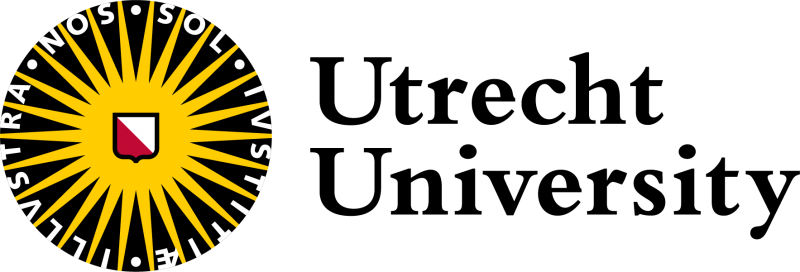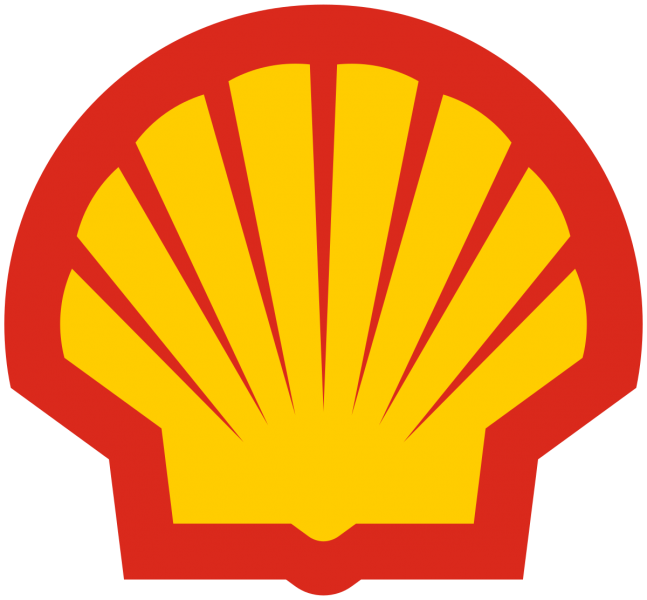This project will dive into the role of TiO2 support materials in the CO2 hydrogenation reaction over Co/TiO2 catalysts, and more specifically into the reducibility of TiO2 under relevant reaction conditions.
The CO2 hydrogenation reaction is a promising technique to produce value-added chemicals such as methane and other hydrocarbons, and is simultaneously an interesting pathway towards a more circular economy. Recently is has been shown by ten Have et al. that CoO/TiO2 catalysts display better performance in CO2 hydrogenation, surpassing fully reduced Co/TiO2. To further study this phenomenon in more detail, this project will investigate the surface reducibility of TiO2 supports and try to gain a better understanding of the strong-metal support interactions (SMSI) involving Co and TiO2. Another part of this study will focus on catalyst deactivation. More specifically, the influence of steam and the role of Co-subcarbonyls will be investigated.
Techniques such as X-ray Absorption Spectroscopy (XAS) and Diffuse Reflectance Infrared Spectroscopy (DRIFTS) will be employed as they are ideal to study oxidation states and surface intermediates, respectively, under relevant reaction conditions (i.e., elevated temperatures and pressures).
Partners





